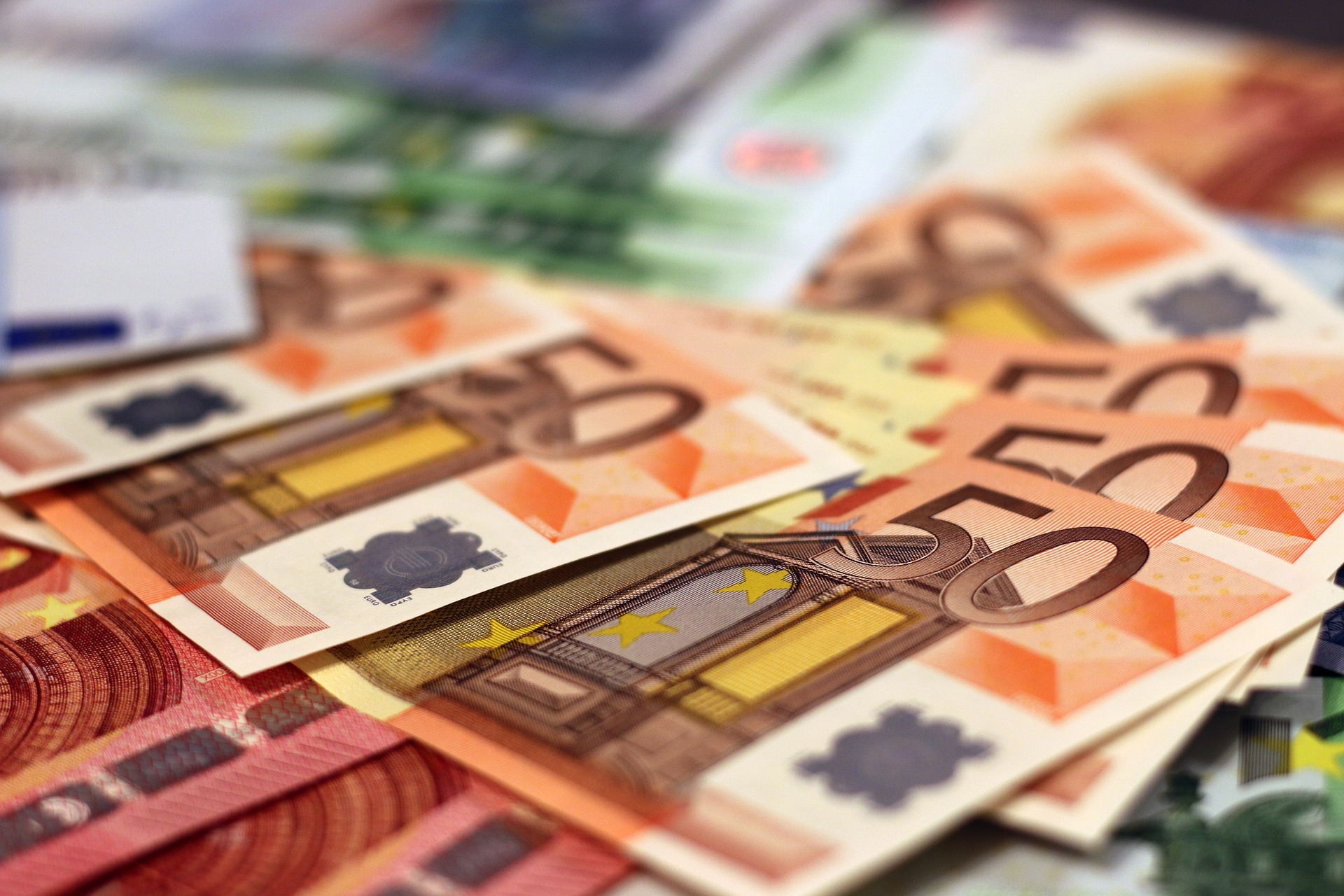SEPA: A Guide to Streamlining Euro Payments in Europe
SEPA, or the Single Euro Payments Area, was established by the European Union (EU) to standardize and streamline electronic payments across Europe. The initiative enables citizens and businesses to make and receive euro-denominated payments within the EU, as well as in Norway, Switzerland, Iceland, Liechtenstein, Monaco, and San Marino, with ease and convenience.
What is SEPA?
The primary goal of SEPA is to make cross-border euro payments as fast, secure, and easy as domestic payments, while reducing the costs and complexities associated with such transactions.
How does it work?
SEPA is based on a set of common technical and business standards for payments, including IBAN and BIC, which identify bank accounts and financial institutions. These standards enable banks to process payments in a standardized and automated manner, reducing manual intervention and errors. It offers various payment channels, including online banking, mobile banking, direct debit, and instant payments.
Benefits for individuals and businesses
SEPA offers several benefits to individuals and businesses. For consumers, it means that they can make cross-border euro payments as easily as they make domestic payments, with the same level of security and speed. For businesses, it offers greater efficiency, as they can use a single payment system to make and receive euro payments throughout the EU, instead of dealing with multiple systems in different countries.
It also offers cost savings for both consumers and businesses. Since the payments are processed using a standardized and automated system, the costs associated with cross-border payments are reduced. Making it cheaper to transfer funds within the EU.
SEPA payment channels
SEPA Direct Debit enables businesses to collect payments from customers throughout the EU. While SEPA Credit Transfer allows for the transfer of funds between bank accounts in the SEPA area. It also offers instant payments, which allow for near-instantaneous transfer of funds, 24/7, 365 days a year.
SEPA has transformed cross-border payments within the EU, making them faster, cheaper, and more convenient than ever before.
In conclusion,
The System has revolutionized cross-border payments within the EU, creating a single, integrated market for euro-denominated transactions. SEPA’s adoption of common technical and business standards has streamlined the payment process. Reducing costs and complexities associated with cross-border payments. SEPA offers numerous benefits for consumers and businesses, including greater efficiency, cost savings, and ease of use. With it, individuals and businesses can make and receive euro payments as easily as domestic payments.
Related posts:
- Electronic Funds Transfer (EFT)
- Lower Your Carbon Footprint with Crypto
- Promoting Your Business on ASmallWorld Social Network
- UK Distance Selling Regulations
- Promoting Your Business Using Blogger: A Comprehensive Guide
- Introduction to German Taxes
- Promote your Business Using The BitClout Social Network
- Gambling Laws in The United Kingdom
- Introduction to Czech Republic Taxes
- Introduction to Albania’s Tax System

